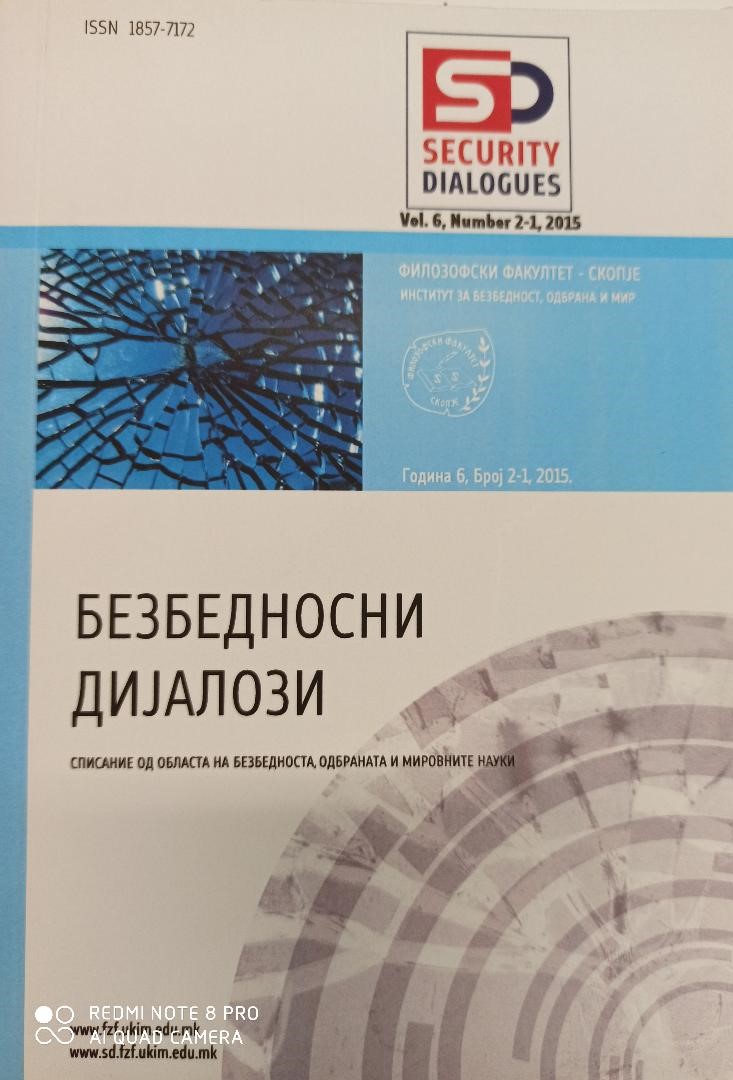The Influence of Religious Fundamentalism on the Conflicts in the Post Communistic States in the Balkan Region
The Influence of Religious Fundamentalism on the Conflicts in the Post Communistic States in the Balkan Region
Author(s): Zoran Matevski, Duška N. MatevskaSubject(s): Politics / Political Sciences, Social Sciences, Theology and Religion
Published by: Филозофски факултет, Универзитет "св. Кирил и Методиј"
Keywords: religious fundamentalism;tolerance;post-conflict society;
Summary/Abstract: The strong link between politics and religion can cause societal problems that arise as a consequence of a politicized religion, which leads to confessional homogeneity and ideologized religion, which in turn leads to the fanaticism that can escalate to terrorism towards nonbelievers. Religious fundamentalism turns religion into ideology. Religious fundamentalism frequently manifests itself as a partial or complete rejection of modern ideas, like religious tolerance, secularization, and different achievements in science and technology, which for some reason are not in agreement with religious doctrine. Obviouslypoliticized Islam and Islamic fundamentalism have not ignored the Balkan Peninsula, considering the fact that large portions of the population are members of the Islamic faith. A large number of theologists that preach radical Islam in Muslim religious objects and public educational institutions and the fact that no one has control over what is being preached to the believers and minors in the frames of primary school education represents a serious threat to the ethnic and religious tolerance and the peace and stability in R. Macedonia. This is achieved by radical or fundamentalist Islam, by pointing towards the differences that are frequently connected to nationalism.
Journal: Bezbednosni dijalozi
- Issue Year: 6/2015
- Issue No: 1-2
- Page Range: 135-143
- Page Count: 8
- Language: English

